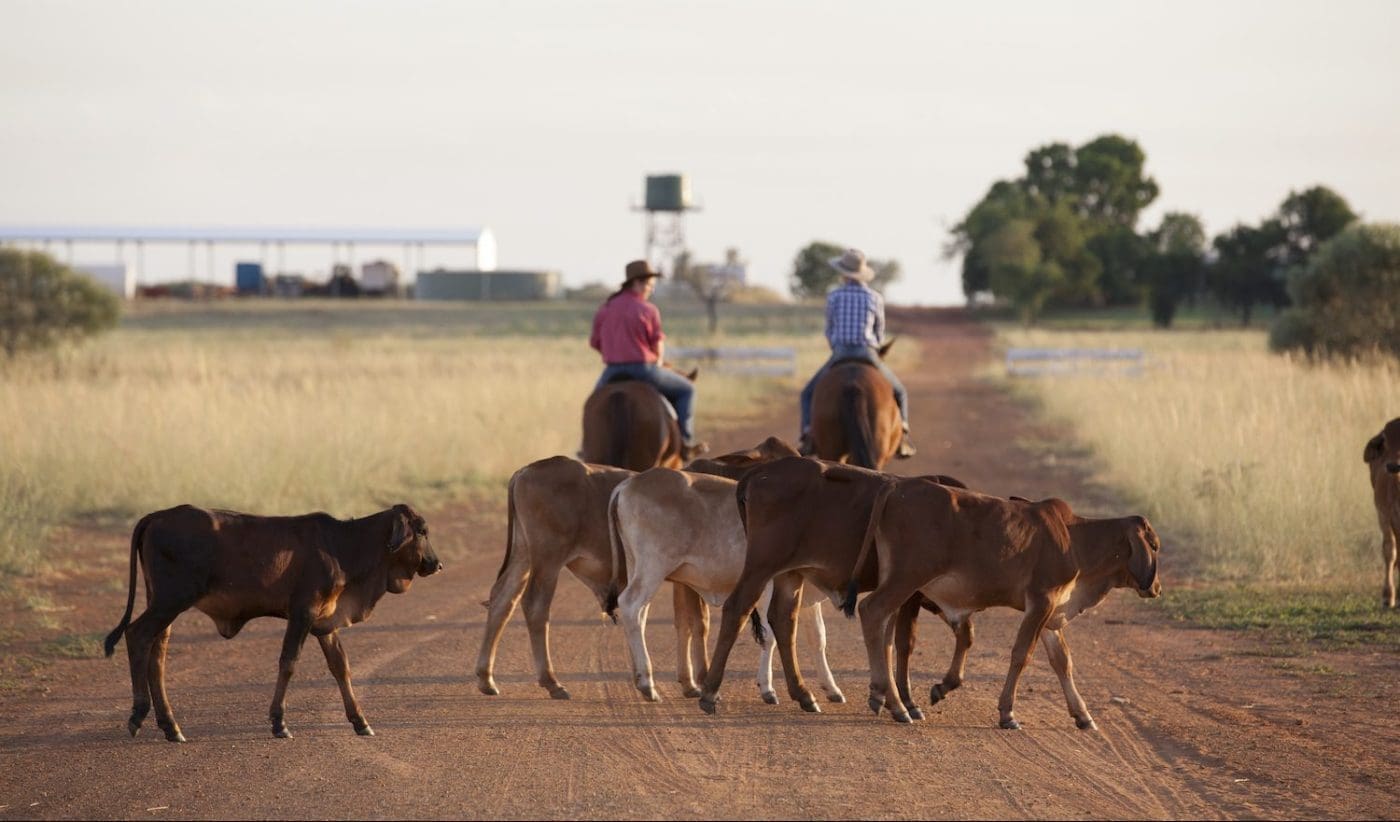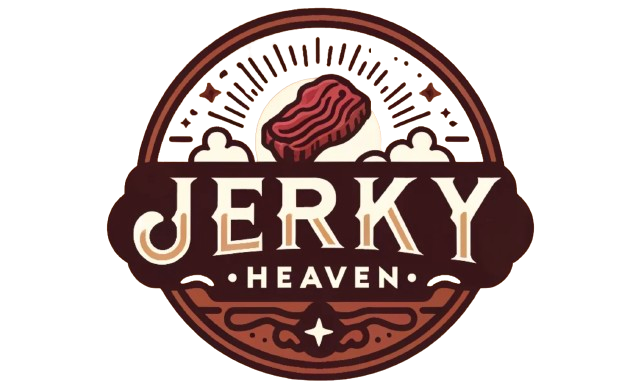
A necessity to boost international efforts to speak the sustainability of livestock manufacturing and the dietary worth of meat has been expressed at a summit of 200 international scientists and specialists in Denver, Colorado, held overnight Australian-time.
In Central Queensland, one among Australia’s most efficient cattle producing areas, cattle producers not too long ago visited by Beef Central say they totally help the push for better communication initiatives.
However additionally they imagine the “shackles have to be eliminated” on how their very own levies can be utilized with a purpose to mount a stronger defence of the business within the face of continuous public assaults from environmental teams.
On the coronary heart of their considerations are what they see as double requirements in guidelines stopping the livestock sector from utilizing levies for lobbying, as a result of levy funding is dealt with by way of Authorities, whereas environmental teams which obtain direct Authorities funding face no restrictions and are free to actively advocate immediately towards the business.
“The loopy half for me is as an business now we have stated we are able to’t use our personal levy for lobbying functions, as a result of now we have a relationship with the Commonwealth Authorities on analysis and improvement,” Clermont producer Josie Angus informed Beef Central on a current go to to Central Queensland.
“But organisations which have any variety of Authorities funded initiatives on their books, and act as quasi authorities companies in several areas, and now have charity standing, are given free rein.
“Why is it that now we have taken this ethical floor with our personal levies and say due to this analysis and improvement relationship there isn’t a manner we are able to use our funds for lobbying, when on the flip aspect the blokes lobbying towards us have the same relationship with Authorities, but can use as a lot cash as they need and advocate towards us as a lot as they need.”
“There’s a double customary.”
Cattle producers in Australia pay a obligatory $5 per head transaction levy, which fits in the direction of funding advertising and marketing, analysis and improvement, and different actions on behalf of the business.
The most important chunk of the levy ($3.66) goes in the direction of advertising and marketing, with the stability directed to analysis and improvement (92c – the funds raised from this part are additionally matched dollar-for-dollar with Authorities funding), Nationwide Residue Testing (29c) and Animal Well being Australia (13c).
The advertising and marketing part final yr generated $101 million for business advertising and marketing, market entry and insights in response to Meat & Livestock Australia’s 2023-24 annual report.
There have been earlier requires levies for use to fund business advocacy actions however these calls have been largely rejected by earlier Federal Agriculture Ministers, on the grounds it might destabilise broader pink meat business buildings and make producer consultant organisations beholden to the Federal Authorities, as a result of underneath laws obligatory levies are labeled as tax proceeds and subsequently are deemed to be Authorities funds.
This has additionally led to alternative proposals for Australian producers to pay a voluntary levy over and above the obligatory $5 transaction with a purpose to fund business management and public consciousness campaigns.
Whereas Authorities Ministers have argued towards cattle producers utilizing their very own levies to fund campaigns defending their business, producers level out that no related restrictions look like utilized to teams which obtain direct Authorities-funding and likewise publicly advocate towards the livestock sector.
World Wildlife Fund Australia, for instance, a registered charity, receives about $7 million or 15 % of its whole annual revenue from Authorities grants, and frequently has public campaigns criticising the livestock sector.
Joanne Rea, a central Queensland cattle producer and board member of Property Rights Australia, has lengthy studied the campaigns of environmental NGOs (non-Authorities organisations) such because the WWF towards agriculture.
She stated such teams have a transparent agenda to manage how agricultural commodities are produced, use selective science to prosecute their arguments whereas ignoring any information or proof on the contrary, and spend some huge cash on disciplined campaigns to mobilise public help.
In addition they typically use emotional messages to win help whereas additionally co-opting celebrities, politicians, organisations and different influencers to assist amplify their campaigns.
Within the deforestation debate such teams had doubled down on criticising the meat business “whereas studiously avoiding the real deforestation for renewables”, she stated.
Josie Angus stated the business wants to have the ability to talk the significance of agricultural land to feed the rising populations of the world.
“There’s additionally a double customary right here in that these are organisations that don’t imagine people are a part of nature.
“That is the place the talk about agricultural land use is available in, as a result of if there are individuals who don’t imagine that there’s a necessity someplace for agricultural land use, we have to name that out in some unspecified time in the future.
“For these individuals who don’t agree with that idea you’re within the terrorist class since you don’t imagine in humankind.”
Trending Merchandise











